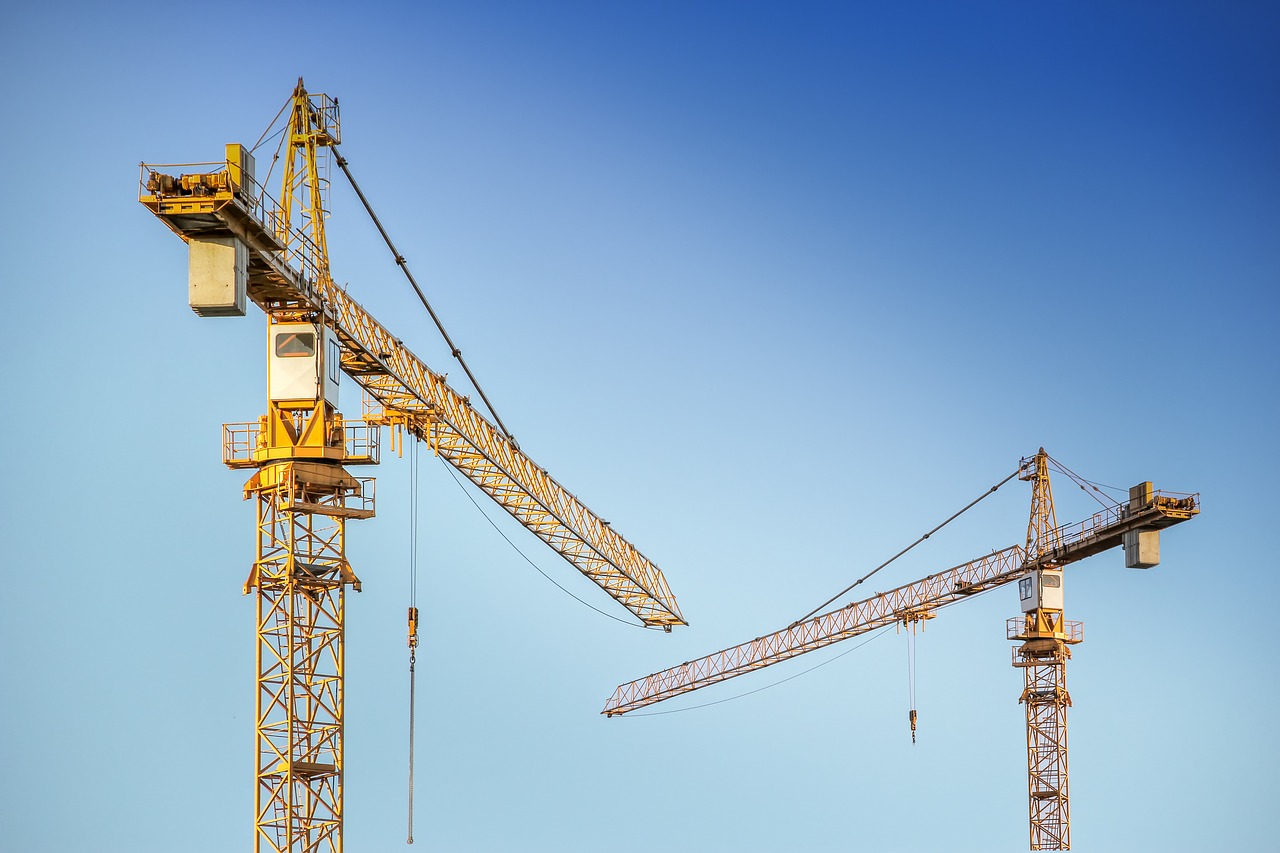EXCLUSIVE-Panama's president-elect vows to help fix canal water problems, build major train line
In an interview at his office in Panama City, Mulino said he wants the law, which would grant the waterway permission to operate on land needed for the reservoirs, to be the first approved under his administration. The canal, he added, needs a solution to the lost revenue linked to adverse climate conditions.

Panama's president-elect, Jose Raul Mulino, said on Wednesday he will urge lawmakers to approve a law enabling the Panama Canal to build large water reservoirs in the face of an unprecedented drought that has hit the capacity of the vital waterway. In an interview at his office in Panama City, Mulino said he wants the law, which would grant the waterway permission to operate on land needed for the reservoirs, to be the first approved under his administration.
The canal, he added, needs a solution to the lost revenue linked to adverse climate conditions. Mulino also said he wanted to make a major new tourist train - similar to one built in Mexico - a flagship project of his administration.
"One of the first decisions I am going to announce is the creation of a national railway secretariat," Mulino said, adding that studies show the line could help boost tourism. The president-elect told Reuters that he has met with a Portuguese company that was involved in building Mexico's Mayan Train and learned about the advantages it could bring to the country, adding that the proper tender process will be kickstarted when he takes office. He did not name the company.
Mulino, a 64-year-old former security minister, won Panama's election on Sunday with 34% of the vote after stepping in to replace former President Ricardo Martinelli, who was barred from running due to a money laundering conviction. After his victory, Mulino promised his government would be pro-investment and pro-business, adding that the Central American country would honor its debts, while he vowed to not forget the poor.
Panama's debt amounts to over 50% of its GDP, totaling $49.8 billion, and analysts have called for the new administration to curb the rising trend. Mulino said his administration will make important sacrifices in public spending to curb unnecessary spending, while also eyeing major infrastructure projects to maintain dynamism in the economy.
The president-elect noted he will focus on effective tax collection rather than tax hikes. Fitch ratings in March downgraded Panama's debt to speculative grade, citing fiscal and governance pressures aggravated by the government-ordered closure of a giant copper mine run by First Quantum Minerals.
Both S&P and Moody's told Reuters before the election they would monitor the government's first steps before taking any decision. Mulino said he was confident other rating agencies would maintain Panama's investment grade rating and that agencies would be satisfied with his government's economic plans.
"I am sure that they (ratings agencies) will give their endorsement to what we are going to propose," he said. "I'm really positive and optimistic." Mulino also said he has spoken with various world leaders following his win, including U.S. Secretary of State Antony Blinken and Brazilian President Luiz Inacio Lula da Silva.
After the talk with Blinken, Mulino expressed his commitment to create a team devoted to streamline the process for U.S. companies to invest in Panama, and also said he agreed with Lula to explore the possibility of Panama joining the South American Mercosur trade bloc. As for Panama's state pension fund, which is running perilously low on reserves, Mulino said he enlisted a team of experts to find a solution, while requesting the outgoing government to hand over all related information to streamline the process.
"Don't sweep anything under the rug because I'm going to pull it up anyway," he said. Reforms to the system will need to go through Panama's Congress, which after the change of government will be comprised mostly by independent lawmakers with whom Mulino says he is confident that agreements will be reached.
Mulino also noted Panama has yet to take full advantage of its strategic geographical position, and pointed to logistics as one of the sectors Panama needs to put more efforts into boosting. The president-elect will take office on July 1 for a five-year term.
(This story has not been edited by Devdiscourse staff and is auto-generated from a syndicated feed.)
ALSO READ
Surge in Election Spending Poised to Boost Rural Economy, Experts Predict
Slowing global economy to mean smaller revenue bump in Australian budget
Vote counting begins in Panama presidential race focused on economy, corruption
Panama to elect new president to fix economy, stop corruption
Bhutan’s economy continues its strong recovery from COVID-19: World Bank reports










